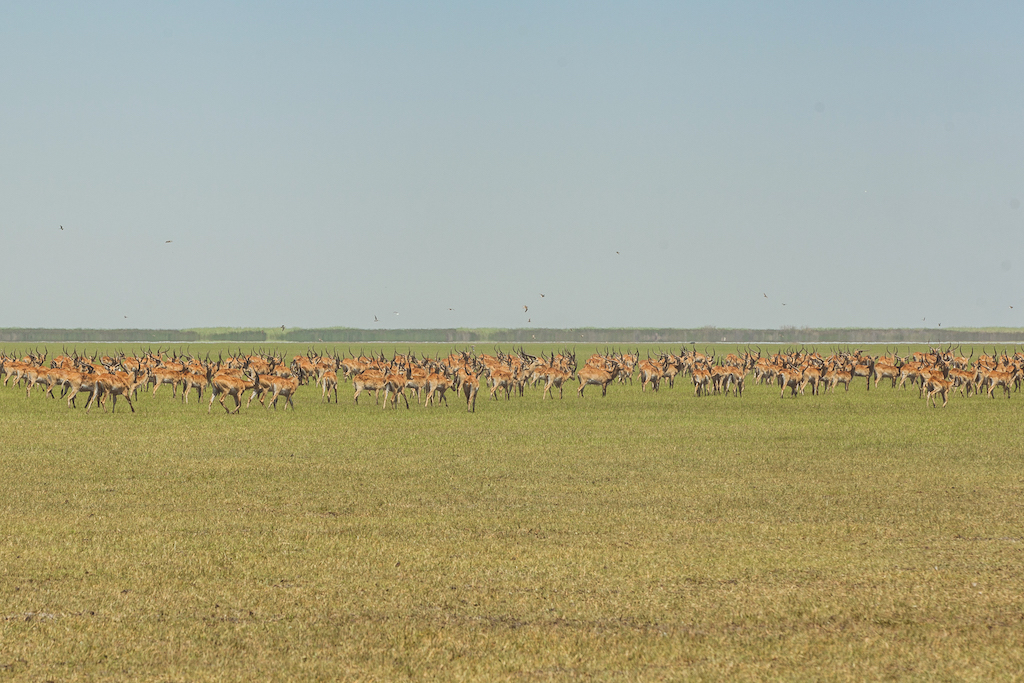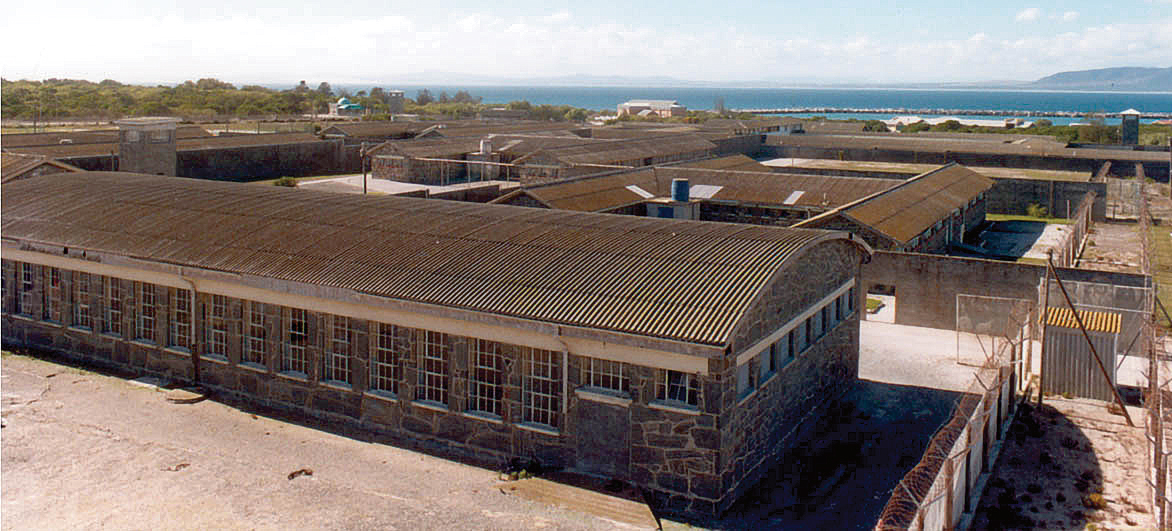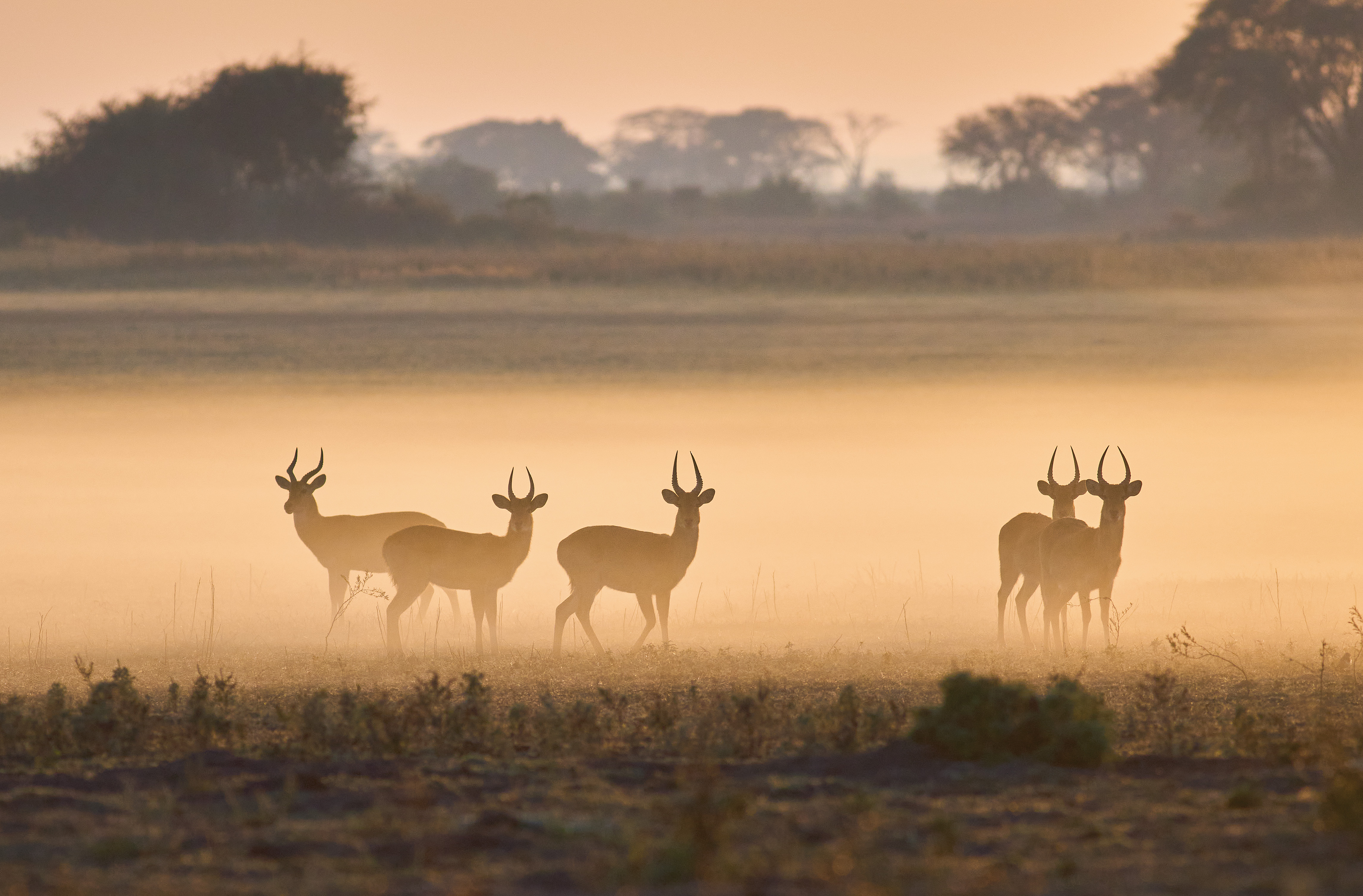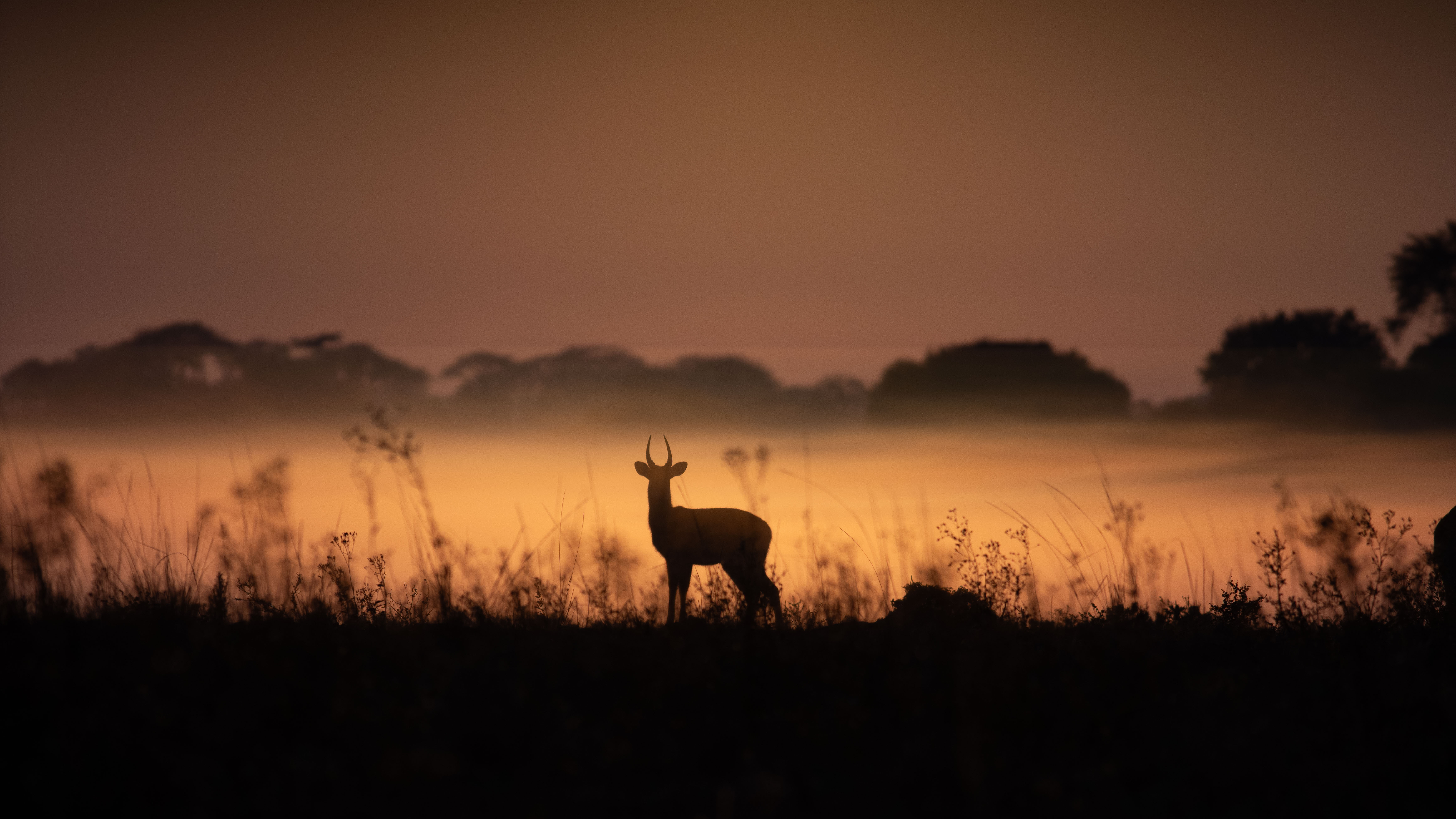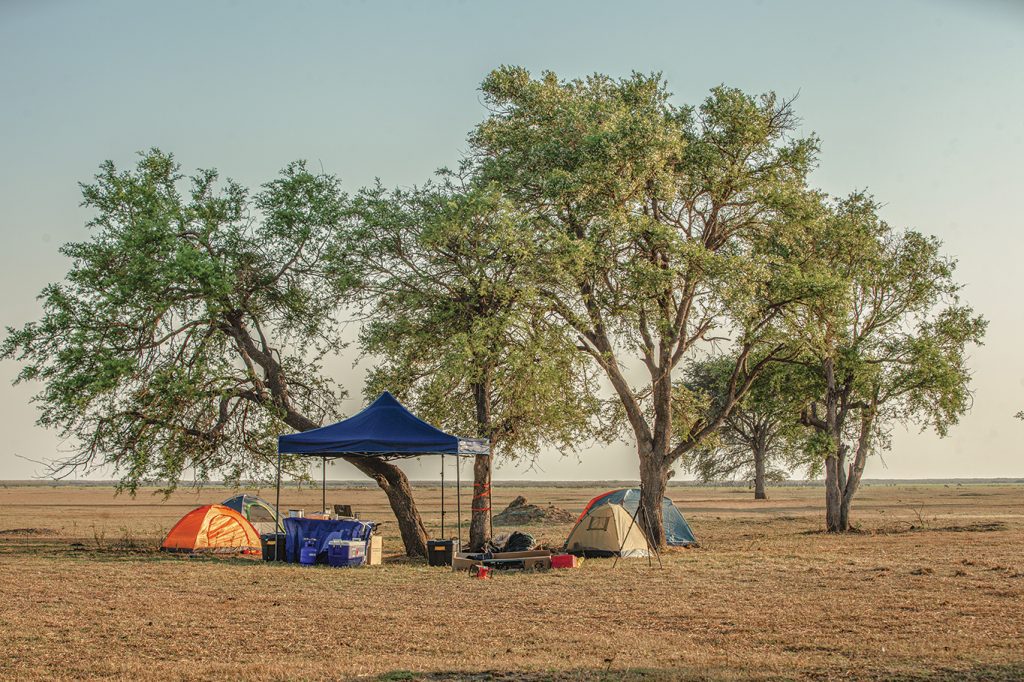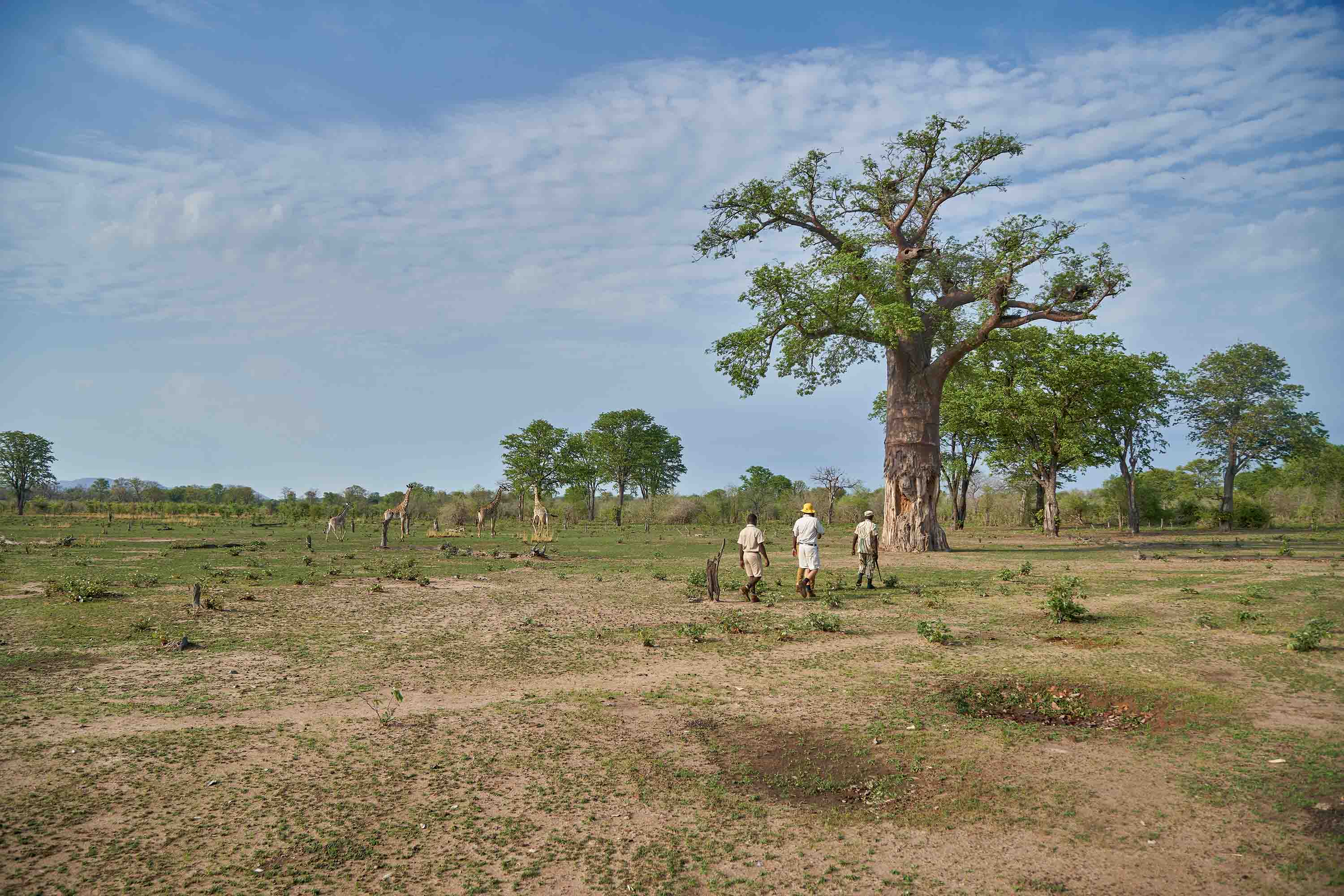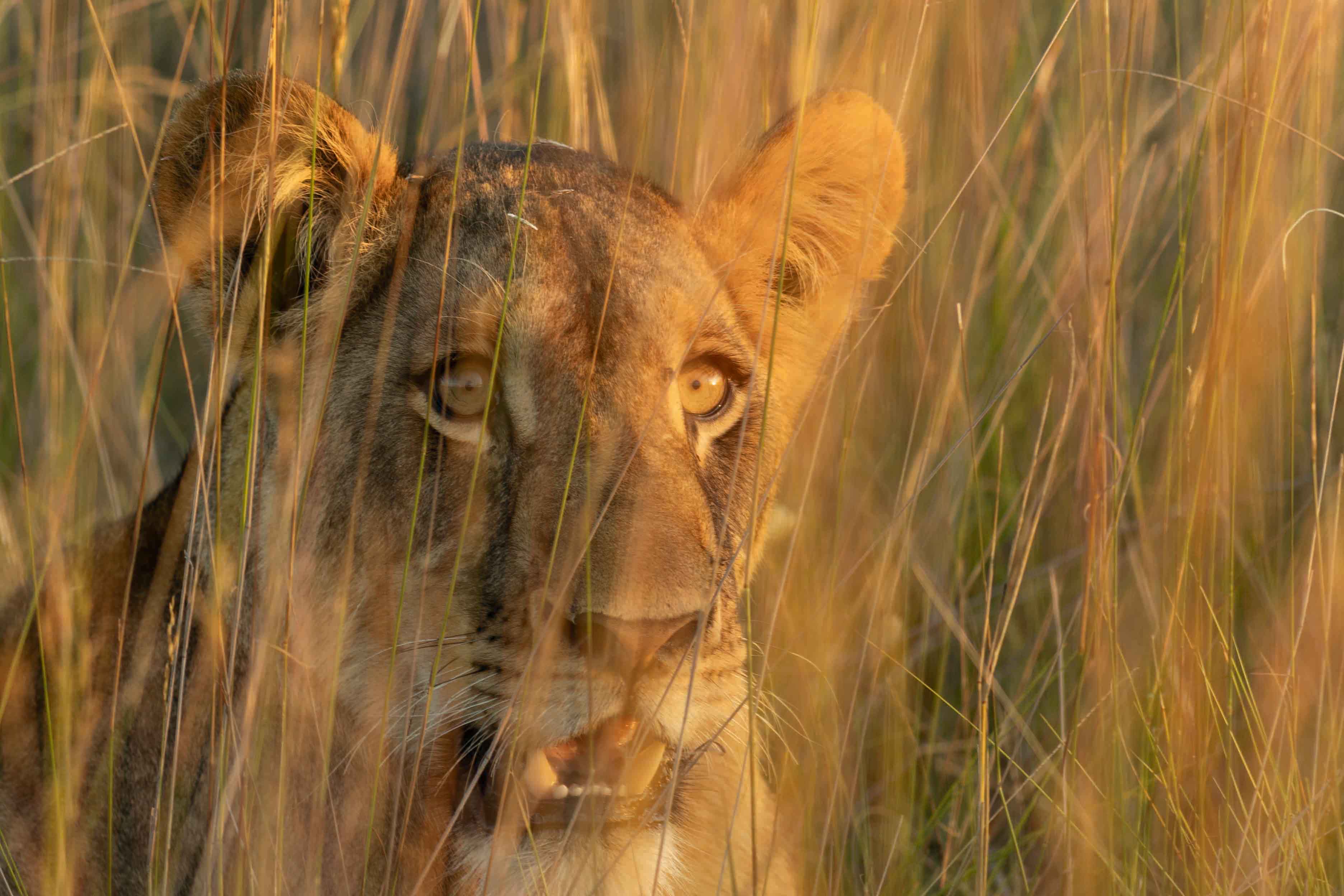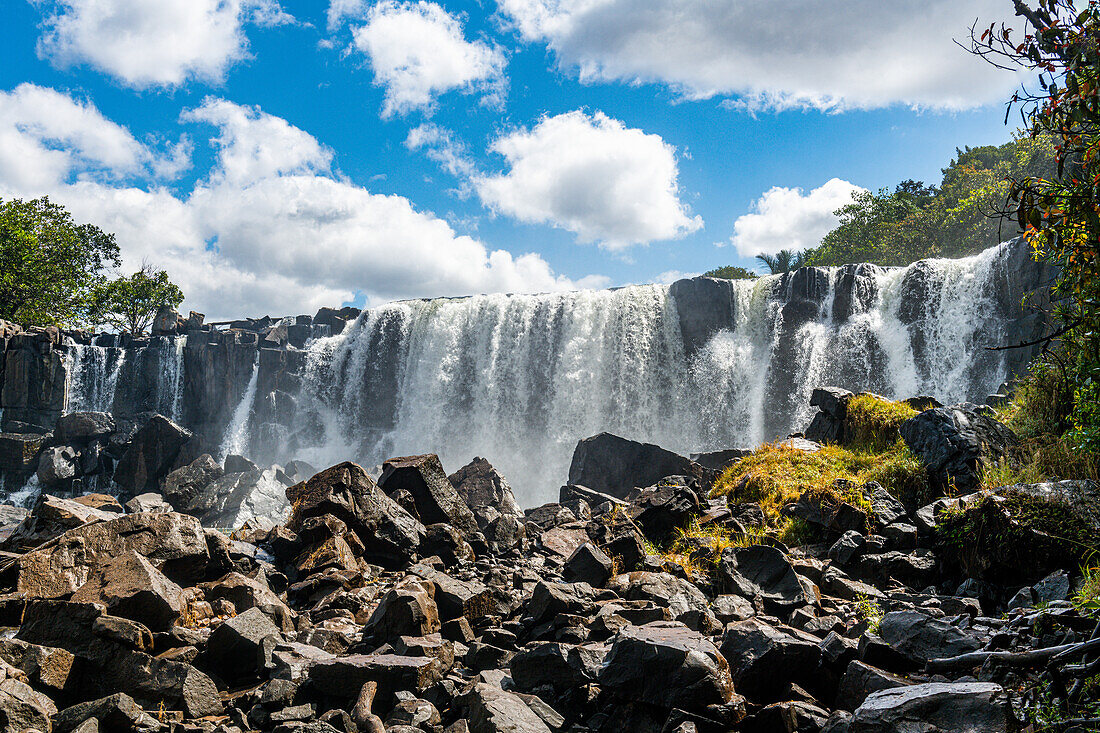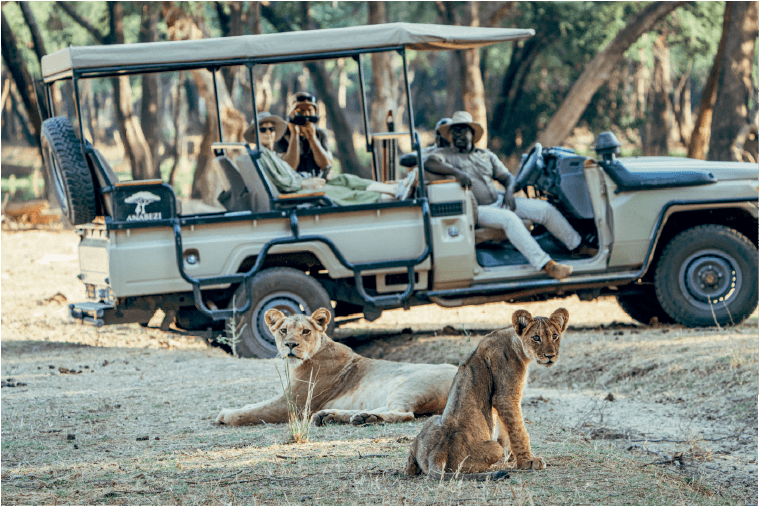Man plans, God laughs. – An old Yiddish proverb
We had planned to leave for the park at 6pm on the last Saturday of September, but due to a little bad luck, Lizu and I were only leaving Lusaka at 10pm. The city’s lights shined, dimmed and flickered behind us as we set out for the great outdoors once again. Our destination was Blue Lagoon National Park, located on the Kafue Flats. Lizu was to capture magnificent photos and I would write all about another great adventure. Though we couldn’t hear it at the time, the Man upstairs was in hysterics.
Google Maps didn’t have an accurate route from Lusaka to Blue Lagoon, so Lizu had to ask for directions at the first checkpoint we got to on Mumbwa Road. He followed the policeman’s instructions until we got off the tarmac. There the entire world was pitch black save for what the high beams of the Toyota Prado allowed us to see. The denizens of this place had since retired and shut their doors, there seemed to be no signs of life. After what seemed like an eternity, we conceded that we were lost and parked the vehicle by what appeared to be a market. When its headlamps went off, the darkness enveloped the car. The starlit sky inspired both awe and fear in me.

A tapping on my window roused me from an uncomfortable night’s sleep in the passenger’s side. I opened a crusty eye and then my door, the sun almost blinding me. A lady greeted me good morning and asked if we were heading in her direction. “We’re looking for the Blue Lagoon National Park entrance,” I said. “Do you know where it is?” She pointed us in the direction behind us. Lizu said something about the Lord’s angel waking us up and setting us on the right path, and then ignited the Prado’s engine to life. We made a U-turn and drove to meet our guide at the Department of National Parks and Wildlife (DNPW) office.
The guide we’d initially made arrangements with had to leave abruptly on an emergency, and so we left with a Mr. Nyirenda, a bald park ranger who had worked there thirty years but didn’t look his age until he told you how old he was. He took us to a health centre to meet with Debby Chilombe, the chairperson of the Community Resource Board (CRB). The idea was to get a sense of what the community in and around the park is like and to learn what the CRB is doing for them.

“The only thing the community is benefiting [from] is the national park,” said Mr. Chilombe. He added that they are primarily funded by donors but are seeking investors. Though they may have challenges paying them, they employ community scouts to help their efforts. Significant revenue for the park comes from hunting fees charged to international and local hunters. “Fifty percent of the money made goes to the community, fifty percent goes to the government,” he said.
Hunting I was told, is a seasonal activity and licensed residents and non-residents mostly hunt Kafue lechwe. You might find them in private reserves in the country, but you won’t naturally find them anywhere else in the world. Kafue lechwe are endemic to this part of Zambia.

The CRB’s mandate is to look out for the community whilst conserving wildlife. They partner with the DNPW to reduce human-animal conflict and also with the Health Centre Committee (HCC) on civic projects. Health services are free for people living in the area and the HCC is currently building a shelter for expectant mothers.
“You find that they trek from far away and sometimes deliver along the way,” Mr. Aubrie Hamweemba told us. He’s the HCC’s chairperson.
At about 11am we set out to seek out some wildlife. Mr. Chilombe had tagged along, I suspect, mainly to keep Mr. Nyirenda company. We made our first stop at the Blue Lagoon Lodge. It was a quiet looking place; over time the peach paint on the walls had given to the wash of the rain and the heat of the sun. Small grey monkeys swung from the branches above and a volleyball net sagged in sadness, remembering a time when people actually played there. I asked Mr. Nyirenda if the place was open to the public and he told me some people book the chalets for self-catering experiences, but there was no electricity or running water from the indoor plumbing. Lizu snapped some photos and we ventured onto the dirt road again.

Dust and ash from the burnt grass rose as I cut the vehicle through the park’s terrain. Large anthills lined the narrow road, forcing me to slow down, tilting the large Prado to one side as I drove over the clay mounds. “In January, this whole place is flooded all the way up to the road,” Mr. Chilombe said from the backseat. Had we come in the wet season, the entire area would be impassable. The dry season however, parches up most of the flats, evaporating the dambos and making way for grassy plains where the lechwe frolic.
I cut the car’s engine after a rollercoaster ride through scorched land. We’d finally found the Kafue lechwe by a lagoon. There, hundreds—no, thousands—of the antelope fed on grass and drank by the water. There were lechwe as far as the eye could see. Among them were a few storks and ibis feeding on insects in the water and on the pelts of the animals. It was the only time Nyirenda had shown any emotion. He was giddy at the sight of so many lechwe. He kept elbowing Mr. Chilombe and pointed them out to him.
“You see, there are still plenty of them in the park!” he said. “Then you [CRB] people should come back and tell us that we have no Kafue lechwe!”

We drove on and all the beasts would bolt from us in a singular direction, making it more difficult for Lizu to capture them. Their hooves rhythmically drummed against the thick, crusty mud surrounding the lagoon. It occurred to me that our trip wasn’t going exactly to plan. Where were the rest of the animals? Sure there were some birds to photograph, but where was the proud buffalo? Where were the striped zebra and other antelope? I continued following Nyirenda’s directions and he led us to a far-flung fishing camp. Hopefully there would be some excitement there.
Namucheche Fishing Camp was alive. Rumba and Zambian music played from small speakers somewhere, children ran around laughing near their homes as mothers and sisters ferried katundu on their heads. The housing, which Mr. Chilombe said looked like permanent structures though they weren’t supposed to be, was made from dried reeds and sticks. These tall stems from the water bodies around the area formed the walls and roofs of the fishing families’ architecture. We paused here only briefly and then drove to a nearby fishing spot to converse with one of the fishermen.
Mr. Nyirenda and Mr. Chilombe made some small talk with a group of people sitting by two canoes, resting from what I assumed was a hard day’s work and the effects of the sun. I was advised to speak to one of the fishermen that joined us soon after.

“I sell groceries,” Mpondala Edwin Shilo said, “cigarettes and biscuits. I don’t catch fish,” he concluded. Maybe I was mistaken. Did we have the wrong man? Thinking back now, considering the authority Mr. Nyirenda has, Lizu taking photographs and I making notes in my writing pad, I think the man assumed we were some kind of informers. He probably thought we were there to report illegal fishing activities and so he closed up, fearing that he may have been breaking the law and we’d caught up with him. It was however quite evident that he was a fisherman. He wore gumboots and frequented an area that was clearly for fishing. And even though Nyirenda did not always have the expert guidance I sought, I doubt that he would have recommended that I talk to someone who wasn’t a fisherman at all.
Later that evening we set up camp on the outskirts of Namucheche. We had our guides organise us a boater that would take us to a scenic location where we’d be able to capture the essence of the park as the sun rose the next morning, as well as some of the more striking lagoons. Surprisingly the person that offered to take us—at no fee—was none other than Mpondala himself. I’m not sure what had come over him in the time that the sun had set. Perhaps Nyirenda and Chilombe had gotten through to him.
Mr. Nyirenda built his and then helped me set up our tent. We cooked our supper on a gas stove and worked around the all-consuming darkness using a combination of a small headlamp, the car lights and our phones’ flashlights. You could still hear kids playing in the evening, but by 9pm all was silent save for the cricket songs. I looked up and was drawn towards the stars. They were even more spectacular than the night before. Milky streaks cradled constellations across the park sky. I couldn’t remember the last time I saw the sky look this enchanting. Its vastness reminded me that I am a part of something much bigger. That perhaps there is a grand scheme at play, a turning of cosmic cogs with the twinkle of each star.
+
It was still dark when we rose. The cold wind gave me a hard embrace and I wished I didn’t have to wake up. Lizu and I packed a few of our things and then went to wait by the Prado for our canoe man. Mr. Mpondala only showed at about 05:20 that morning even though we’d agreed to meet at 5. He claimed that his canoe was still out on the water and would only return after 6. I couldn’t believe it. This man just didn’t want to cooperate with us! Our plan was to go out on a canoe and be back before 7 so that we could be in Lusaka by 09:30 when the rental car was due. I could almost hear God chuckle.
Mpondala recommended another man to take us, but he too was thinking we were some kind of feds there to blow up their operation. I had to show him old Nkwazi Magazine photos on my phone to convince him that we meant no harm. The man sent us out with a friend of his and we were only hitting the water after 6.
The four of us were canoed through a swampy water pass with green and yellowing reeds stretching up above us. Our boatman pushed the vessel with long sweeps of a lengthy bamboo stick. The tall grass whispered as we moved along and all manner of birds squawked, cooed and chirped their morning affirmations. The smell of algae was rich and permeated the air. Fishermen going in the opposite direction would give us suspicious glances as Lizu snapped his photos. But before we reached our destination, we had to make the difficult call to turn back. We’d missed the sunrise anyway. Our time was up.
After we dropped off our guides and said our goodbyes, Lizu and I hit the dusty road. Our trip didn’t go as we’d planned, but I found comfort in the fact that I’d gotten an opportunity to go outside again—the real outside. I got to see another facet of the country and its people. The fishermen weren’t exactly willing to talk to us, but I could tell that they cared about their livelihoods, about their families. They wouldn’t do anything to jeopardise that. I also learned that life won’t always hand you lemons. Sometimes it’ll hand you limes too.
